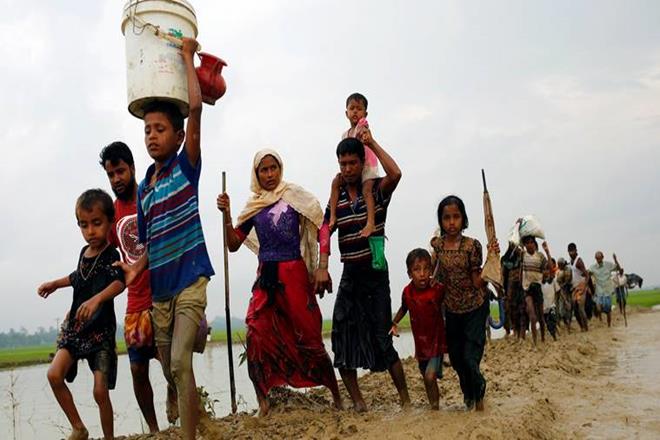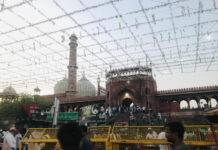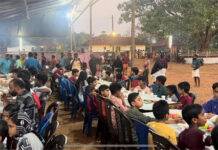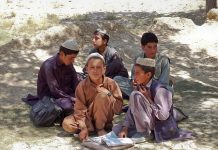
It has exactly been two years since the Rohingya people were forced to leave behind their homes in Myanmar due to a murderous clearance operation in the Rakhine State.
In a matter of a few months, the Myanmar security forces managed to kill thousands of people from the Rohingya community.
The plundering and exploitation of the Rohingya people was also accompanied by widespread sexual violence, torching of villages and a gross violation of human dignity.
This atrocity forced almost 730,000 men, women and children from the Rohingya community to flee into Bangladesh.
The last two years have been no less than an ordeal for the Rohingya people and even as we commemorate the second anniversary of the historic eviction of the Rohingya from their homeland, we witness no improvement in their plight.
The condition of the Rohingya people continues to be pathological on both sides of the Naf, the river that separates Bangladesh and Myanmar.
Although the international media paid a great deal of attention to the Rohingya crisis in its historic transition from Myanmar to Bangladesh, it seems that the Rohingya issue is fast fading from the global headlines and this is perhaps the reason why it is the right time to call for sustained international action in the context of this issue.
It was two years ago that the Bangladesh government opened up its borders to the homeless Rohingya people and allowed them to enter its territory.
Two years have passed by, the Rohingya people(approximately 1 million) live in the Cox Bazar area of Bangladesh. Their survival is totally dependent on the aids that the government provides to them from time to time, they are denied entry into the job or education market.
Deprivation from educational and employment opportunities has brought life to a standstill for the Rohingya population, it makes them incapable of making any efforts to improve their life conditions.
An extreme sense of hopelessness prevails but there seems to be no way out for the Rohingya people.
With no opportunities in Bangladesh to improve their lives and no possibilities for returning back to Myanmar, life seems to have arrived at a standstill for a large section of the Rohingya people.
For those of the community who continue to live in Rakhine State, life seems to be a perpetual struggle for survival.
Denied citizenship rights and subjected to systematic discrimination, the Rohingya continue to live a life of alienation and marginalisation.
It also appears that state repression has enhanced over the two years, despite the fact that repeated promises were made internationally to work for the betterment of the community.
The inhuman drive to marginalise, exploit and kill the Rohingya people has turned life into despair for the community. The ongoing genocide of the Rohingya people marks one of the most shameful moments in contemporary world politics.
The Myanmar government seems in no mood to welcome back the Rohingya refugees who migrated to Bangladesh or to grant them citizenship.
With the absence of an ecosystem that guarantees them dignity and safety, the return of the Rohingya people to Myanmar may be filled with extreme challenges.
But what must the state do to ensure that the Rohingya people are allowed to lead lives of safety and dignity?
First of all, the Myanmar authorities must ensure that they dismantle the dehumanising system of repression that is currently being practiced against the Rohingya population. Secondly, the Rohingya people must be given equal citizenship rights and should be made free to travel, access education and employment without any restrictions. Moreover, it is also equally important to ensure that perpetrators of crimes against the Rohingya people are punished and made to understand that the international community will not tolerate such gross injustice against any community.
Moreover, if the Myanmar government seems reluctant to allow its own security forces to undergo scrutiny for having violated the rights of the Rohingya people- the international community must step in.
The UN Security Council should also intervene by referring the case to the International Criminal Court.
The world community must realise that beyond the dynamics of global politics, the Rohingya people also deserve to lead lives of dignity and peace. They too deserve to lead lives that are free of threat, exploitation, humiliation and crippling denials to education and employment.
The world community must come together to end the genocide against the Rohingya population.












